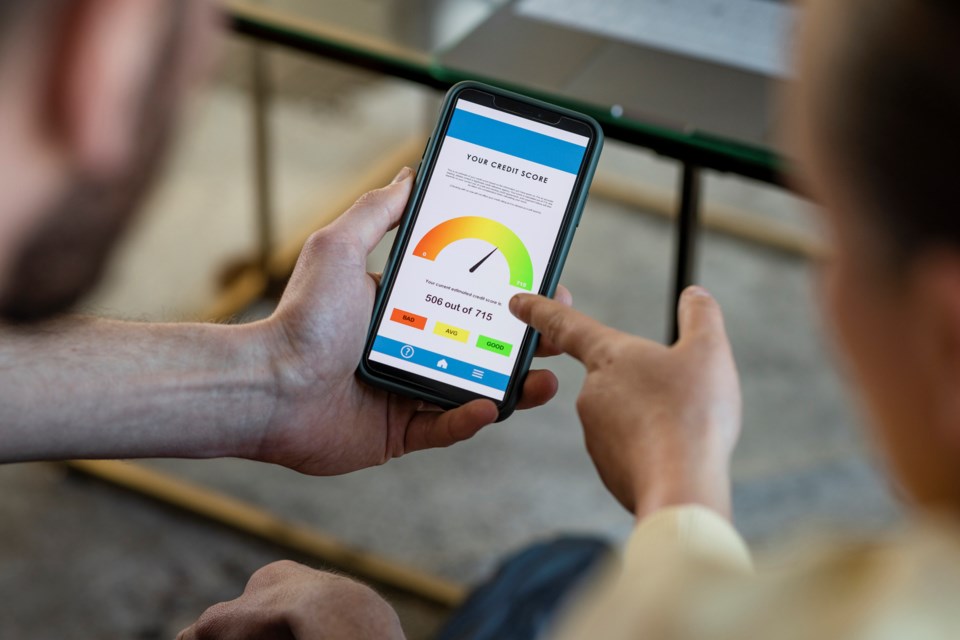Isn’t it ironic?
Some things in life remain true and unchangeable, regardless of how inconvenient they are. Traffic jams when you’re already late. A no-smoking sign on your cigarette break. And most unavoidably, when buying a home, how you choose to spend your money will be thoroughly and unashamedly judged by financial institutions — and could make or break those dreams of a new bathroom where the toilet isn’t in the shower.
If you are a homeseeker and haven’t heard the term credit score before, well, firstly, we welcome you to our planet, galactic adventurer. Secondly, get ready: it’s about to become a big deal in your life. That’s because, the better your credit score, the better your chances of not only getting a mortgage, but of getting a favourable mortgage rate too.
Your credit score will also either open or close doors to certain financial institutions and determine what kind of mortgages you are eligible for. So all in all, your credit score is very, very important. And stressful. Like that pause after you ask someone to marry you kind of stressful.
OK, so what is a credit score then?
Credit scores are calculated on a scale between 300 and 900. You ideally want to find yourself somewhere between 680, which is considered good, and 900 which generally only exists in the world of Lamborghinis and red-soled heels. In 2019, the average credit score of mortgage holders in Canada was 757, but a score of 600 will allow you to be considered by the banks and CMHC (Canada Mortgage and Housing Corporation) for a mortgage. If you find yourself in the sub 600 range, B-lenders* will talk to you but you will be considered a high-risk borrower and have a lower chance of nabbing a good mortgage rate.
OK, so what’s MY credit score then?
Pretty sure that all you want to do now is check your credit score, right? Good news: you can do so for free! There are a host of free online calculators out there, such as and . Keeping tabs on your score will allow you to flag errors and (heaven-forbid) catch any crooks who believe what’s yours-is-mine before they strike.
And they came to this three-digit number, how, exactly?
Those 3 little numbers between 300 and 900 mean oh so much, so it helps to understand how they came to be yours. There are five factors which affect your credit score, with each one contributing a different weighting to the overall calculation. Canada’s credit bureaus, and , work out a credit score based on the financial information in your credit report. They consider the following five factors when doing so:
- Your payment history (35%)
- Your credit utilization (30%)
- Your credit history (15%)
- Your credit diversity (10%)
- Your number of credit inquiries (10%)


